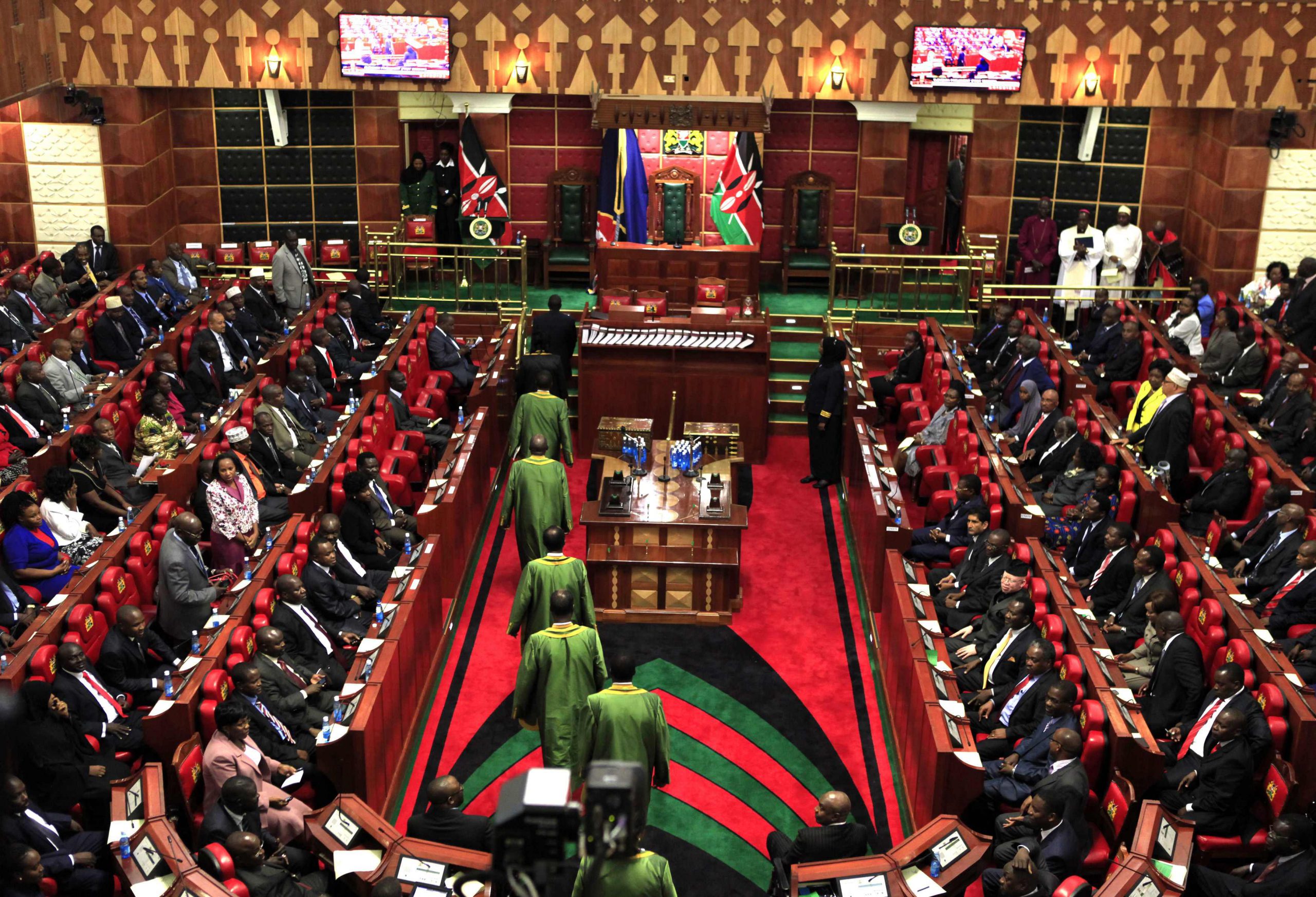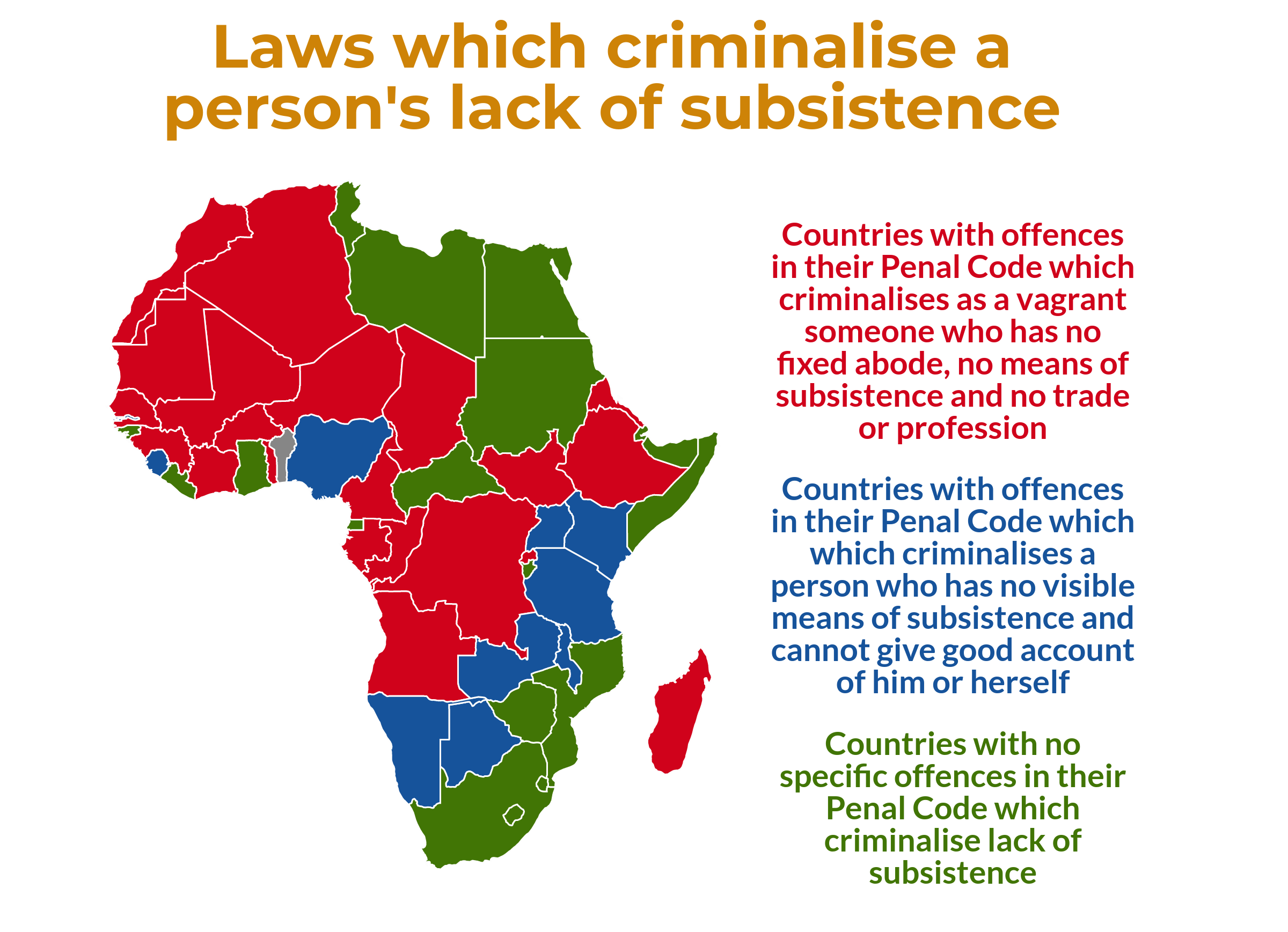Kenya is largely a patriarchal society. The marginalization of women in political leadership and their continued exclusion in decision making is proof of this. This ideology was embedded in traditional African life. Women were seen to occupy only the domestic realm where their duties mainly involved child bearing and household chores. On the other hand, this was the place where men returned at the end of the day to replenish their energies and prepare for the next day. The socialization of the girl child is also to blame for the perceived inability on the part of women. The coming of colonialists also greatly affected the status of women. This was done through introduction of cash crops, formal education and the monetary economy. While some men secured employment either in large cash crop farms or as clerks in government offices, many women remained in rural areas producing subsistence food.
Many at times, we tend to overlook the fact that women were greatly involved in the struggle against colonial rule in Kenya. During the fight for uhuru, some of the women, the most common example being Mekatili wa Menza led segments of resistance armies while others fought alongside the men and some supplied food and weapons. However, at independence the state was greatly masculinized. The incoming leadership was largely male and there were no females in the first Cabinet that Mzee Jomo Kenyatta put together. It wasn’t until 1969 that the first woman was elected to parliament. In a chamber of 169 members, there were only two women – one elected and one nominated. In 1992, 30 years after independence, the count was just two women in a chamber of 198.
The 2010 Constitution ushered in a new dawn in the 2013 elections. Several years of affirmative action bore fruits with the introduction of the position of women representatives’ from the 47 counties. Moreover, it provides that the State is required to take legislative and other measures to ensure that not more than two-thirds of the members of elective or appointive bodies are of the same gender. Unfortunately, none of the women who vied were elected into the senate and the gubernatorial positions. In Parliament, the number of women legislators amounted to 19%.This was below the constitutional threshold of at least one-third. It is important to note that women parliamentarians in the 11th parliament championed a number of crucial Bills and motions which affect many Kenyans at a national level and some that have a more significant impact on women. Some of the bills include: The Food Security Bill 2014 sponsored by Beatrice Elachi, The Water Bill by Amina Abdalla, In the Mining Bill, Joyce Lay highlighted the issue of welfare of mine workers especially women, calling for improved working conditions, Agnes Zani supported the Natural Resources (Benefits and Sharing) Amendment Bill that regulated how mining/exploration benefits would be shared. Other areas that received attention by women are the Older Person Cash Transfer System which was a call for creating of nursing homes for older people and strengthening of the National Security Social Fund to cover old people and the Devolution on Marriage Services which was based on provision of marriage services to all constituencies because of the costs people had to incur to access these services in the big towns and cities.
In the 8 August 2017 General Elections, the number of women who got elected to various positions at the county and national assemblies increased significantly. The 2017 General Elections, saw three women elected as Governors; and Senators respectively; as the number of women elected as members of parliament also increased from 16 (in the 11th Parliament) to 23.This shows that Kenya is making steps in the right direction, however, this is still a far cry from achieving the two-thirds gender rule.
Political parties can do more
A good number of women get frustrated into quitting the campaigns at the level of party nominations. This is because men have dominated the political party decision-making structures. Lack of resources places many women aspirants at a disadvantage because the men in the leadership positions of political parties tend to support the male candidates with deep pockets. Moreover, it is an uphill task for the women aspirants to convince the men to support them due to the fact that we live in a patriarchal society.
Furthermore, political parties can and should empower women parliamentarians from their respective parties by offering sufficient trainings so as to enable these women to serve better in their capacities. This is because it has been said time and again that the position of the 47 women county representatives should be scrapped off because it is a waste of tax payer’s money. Critics have stated that they display ineptitude in their contributions in parliament. However, this is a stereotype that should be deconstructed. In the 11th parliament women parliamentarians proved that they are capable of making valuable contributions in parliament just like their male counterparts. They not only represented women’s agenda but they went ahead to contribute to other areas including; security, finances, water, health, devolution waste management, environmental issues and so forth.
It is crucial that Kenyans have a little more confidence in the ability of women to take up leadership positions because ignoring women is equivalent to ignoring the needs of half of the population.
SANTANA SIMIYU











